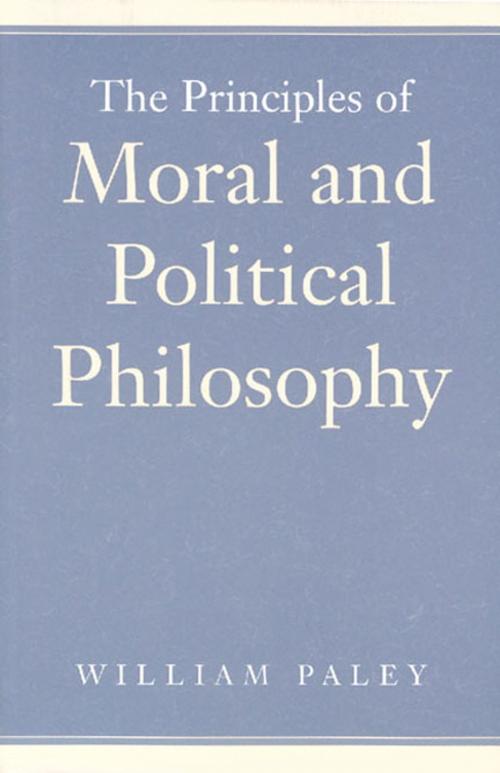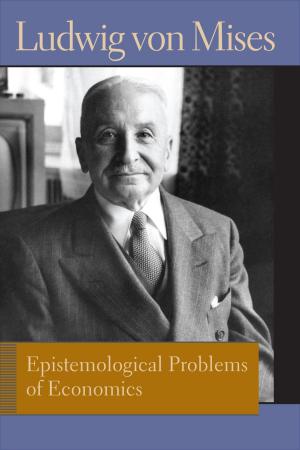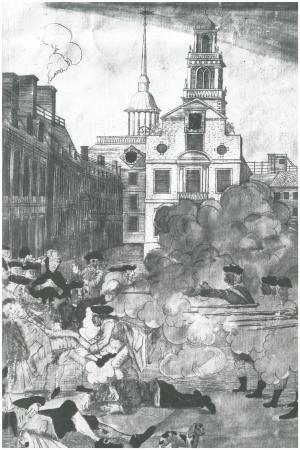| Author: | William Paley | ISBN: | 9781614872276 |
| Publisher: | Liberty Fund Inc. | Publication: | December 11, 2002 |
| Imprint: | Liberty Fund Inc. | Language: | English |
| Author: | William Paley |
| ISBN: | 9781614872276 |
| Publisher: | Liberty Fund Inc. |
| Publication: | December 11, 2002 |
| Imprint: | Liberty Fund Inc. |
| Language: | English |
This classic work by William Paley was one of the most popular books in England and America in the early nineteenth century. Its significance lies in the fact that it marks an important point at which eighteenth-century “whiggism” began to be transformed into nineteenth-century “liberalism.”
First published in 1785, Paley’s Principles of Moral and Political Philosophy was originally based on his Cambridge lectures of 1766–1776. It was designed for instructional purposes and was almost immediately adopted as a required text for all undergraduates at Cambridge.
The great popularity of Paley’s Principlesis perhaps due in part to the author’s remarkable gift for clear exposition. Even today, this work is very readable and easily comprehended. But the popularity of the book also reflected the fact that Paley expressed some of the leading scientific, theological, and ethical ideas of his time and place. In this respect, Paley’s great classic provides valuable insight into the Anglo-American mind of the early nineteenth century and helps us better understand the thinking processes and evolving concepts of liberty and virtue that were displacing the old “whiggism” of the preceding century.
As editor D. L. Le Mahieu states, “To Paley, the undeniable demands of self interest coincided rather than conflicted with the needs of society.” Paley believed that “it was the utility of any moral rule alone which determined obligation.” In his political theory, Paley rejected social contract theory and substituted instead a natural history of civil society. His opposition to electoral reform, and, later, the French Revolution, “became part of a larger ideological discourse that helped the British elites withstand the revolutionary currents of the 1790s.”
D. L. Le Mahieu is Hotchkiss Presidential Professor at Lake Forest College in Illinois. He is also the author of The Mind of William Paley: A Philosopher and His Age (1976) and A Culture for Democracy (1988).
Please note: This title is available as an ebook for purchase on Amazon, Barnes and Noble, and iTunes.
This classic work by William Paley was one of the most popular books in England and America in the early nineteenth century. Its significance lies in the fact that it marks an important point at which eighteenth-century “whiggism” began to be transformed into nineteenth-century “liberalism.”
First published in 1785, Paley’s Principles of Moral and Political Philosophy was originally based on his Cambridge lectures of 1766–1776. It was designed for instructional purposes and was almost immediately adopted as a required text for all undergraduates at Cambridge.
The great popularity of Paley’s Principlesis perhaps due in part to the author’s remarkable gift for clear exposition. Even today, this work is very readable and easily comprehended. But the popularity of the book also reflected the fact that Paley expressed some of the leading scientific, theological, and ethical ideas of his time and place. In this respect, Paley’s great classic provides valuable insight into the Anglo-American mind of the early nineteenth century and helps us better understand the thinking processes and evolving concepts of liberty and virtue that were displacing the old “whiggism” of the preceding century.
As editor D. L. Le Mahieu states, “To Paley, the undeniable demands of self interest coincided rather than conflicted with the needs of society.” Paley believed that “it was the utility of any moral rule alone which determined obligation.” In his political theory, Paley rejected social contract theory and substituted instead a natural history of civil society. His opposition to electoral reform, and, later, the French Revolution, “became part of a larger ideological discourse that helped the British elites withstand the revolutionary currents of the 1790s.”
D. L. Le Mahieu is Hotchkiss Presidential Professor at Lake Forest College in Illinois. He is also the author of The Mind of William Paley: A Philosopher and His Age (1976) and A Culture for Democracy (1988).
Please note: This title is available as an ebook for purchase on Amazon, Barnes and Noble, and iTunes.















